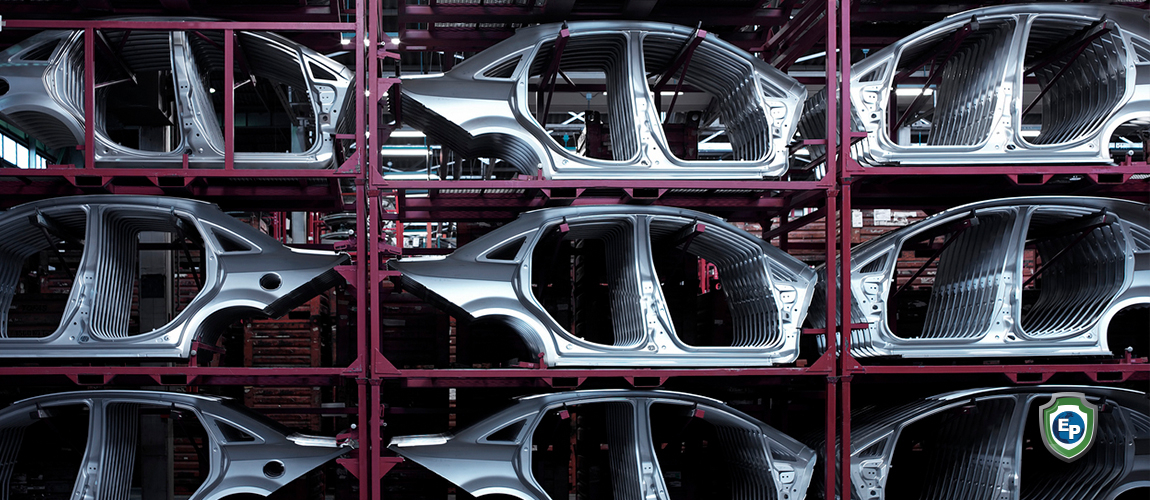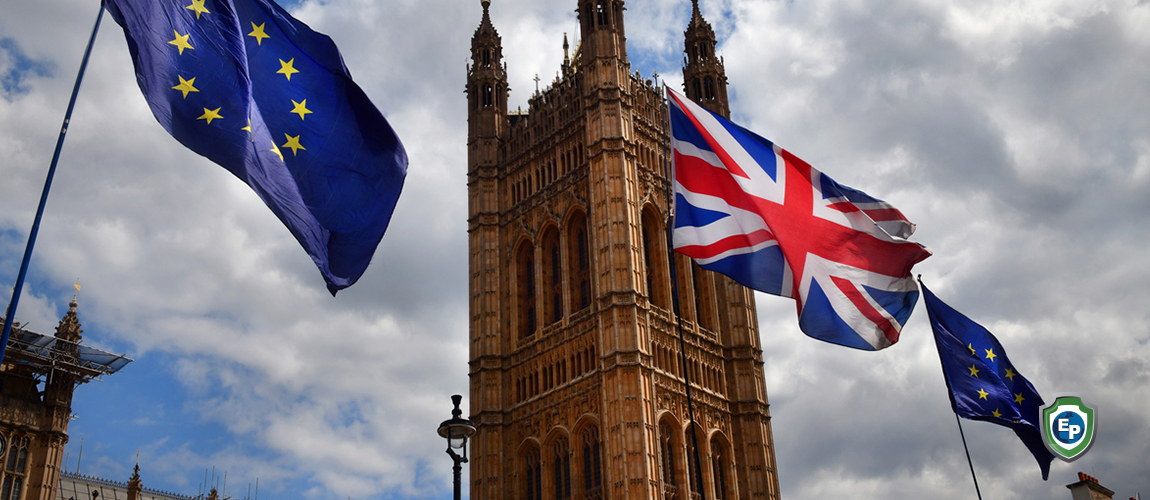Brexit: What are the consequences for French automobile manufacturers?
To understand what is happening at the moment for the French car manufacturers in the hypothesis of Brexit without an agreement, one must recall some points. Read More!

In June 2016, the United Kingdom voted in favor of exiting the European Union. Even if this exit is not active yet, the French and European automobile manufacturers are worried.
To understand what is happening at the moment for the French car manufacturers in the hypothesis of a Brexit without agreement (Hard Brexit), one must recall some points. To allow free movement of goods and people, the Member States, including the United Kingdom before Brexit, have agreed to the abolition of customs duties and taxes at borders and the free movement of labor. Products manufactured in one member country can thus enter any of the other member countries of the Union.

Now imagine that the UK is exiting the EU with no agreement. They will be treated like any third country outside the EU. This would mean that all vehicles manufactured in the EU and destined for the United Kingdom would be subject to a customs duty, which would increase their price and thus make them less competitive on the UK market. The same applies to vehicles manufactured in the UK and intended for other EU countries that will also be subject to a customs duty for entry into the EU. When we know that more than 75% of the vehicles produced in England are destined for export, the whole continent is shaking. Some manufacturers have already announced measures. The French group PSA, which owns Peugeot, Citroën, DS, Opel, and Vauxhall brands, has previously announced that in case of Brexit without an agreement, it would close its Ellsmere Port plant. PSA would then relocate the production of its ASTRA model to another EU country.
But the problem is not just about costs. It also lies within the deadline. The vast majority of the automotive industry operates at just-in-time, which means that spare parts or engines are not stored in large quantities at the production sites but are ordered according to the needs of the moment. If customs formalities were to be added, they would lengthen the delivery times for these parts as well as the time needed to manufacture the vehicles, and the whole system would slow down.
It is, therefore, apparent that neither the United Kingdom nor the EU countries have an interest in having no agreement reached. All eyes are fixed on the British Parliament as they make their decision about Brexit.
Stay Tuned with Export Portal
As well as being your one-stop-shop for trading internationally, Export Portal is the best source for news on global trade. Subscribe to our newsletter today to stay in the loop!






Comments 0